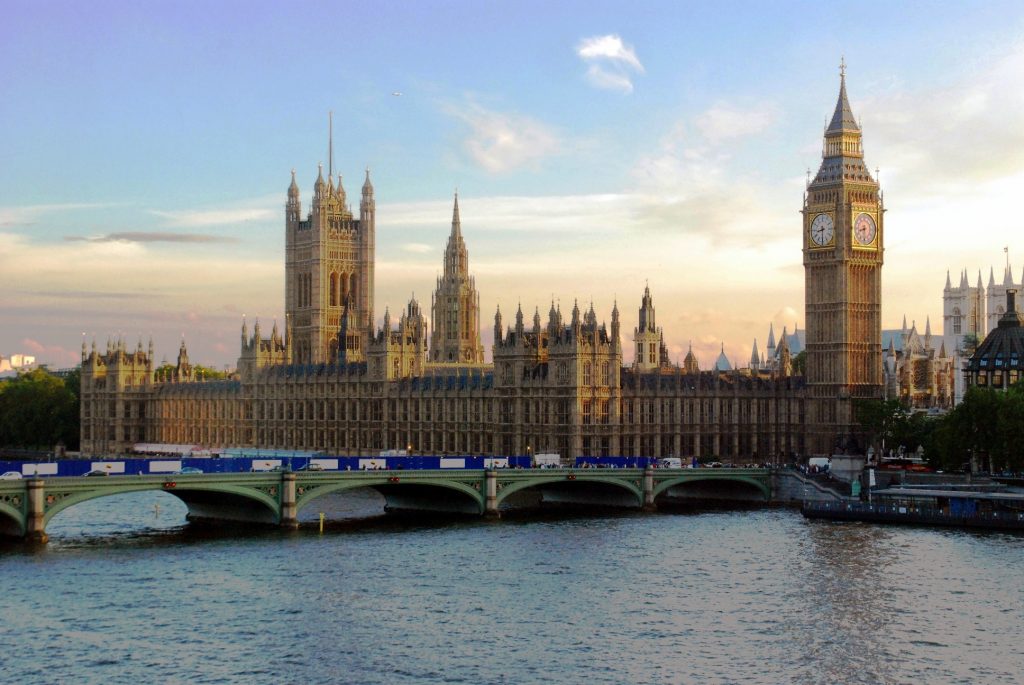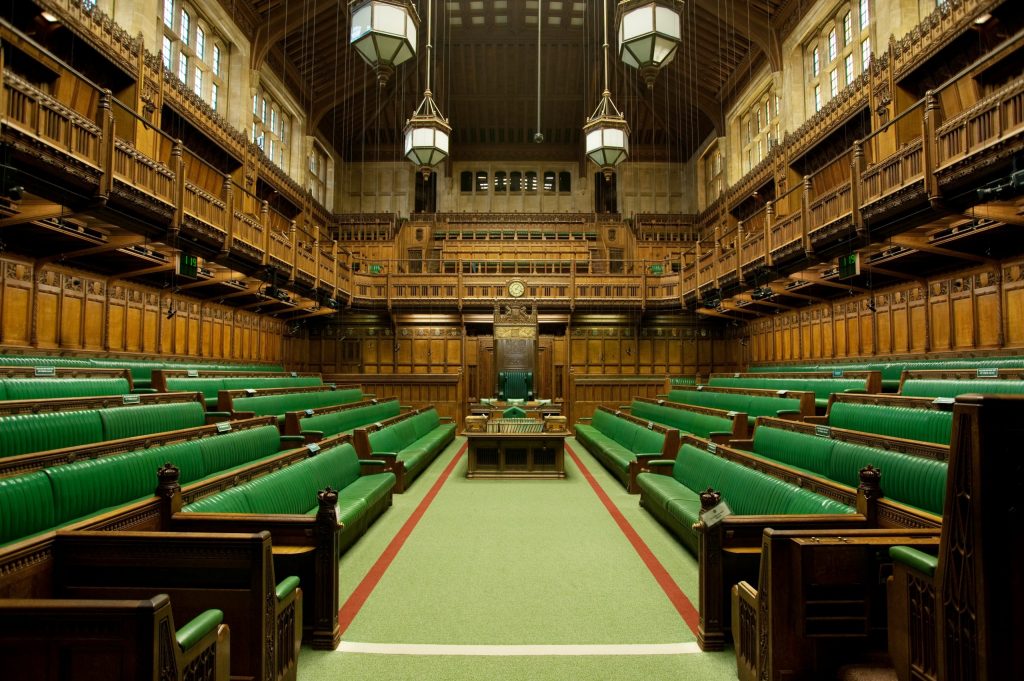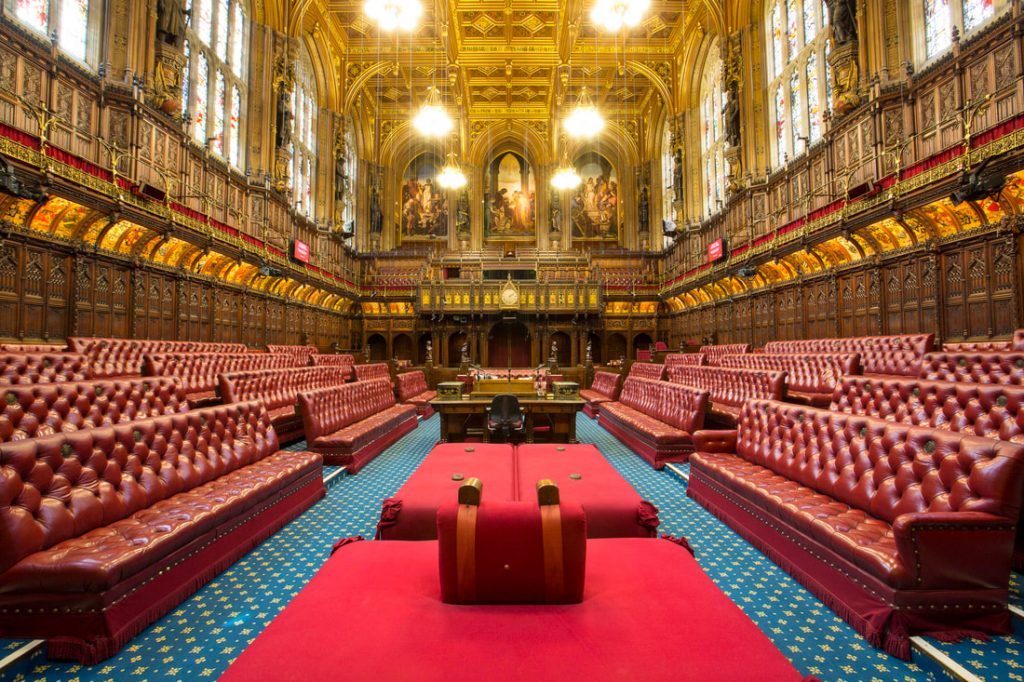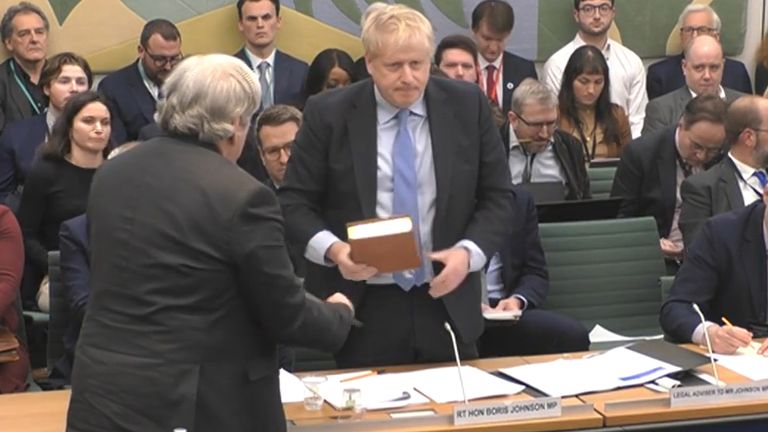Parliament: Governments friend or foe?

Overview
Sitting in the heart of London is the Palace of Westminster, the British Parliament. Parliament is bicameral by its nature, holding two houses, the House of Commons and the House of Lords. Operating within a fused system whereby the government are sitting members of the legislative body, usually the Commons, leads to a very interesting Parliamentary dynamic. The role of Parliament has been tried and tested by successive governments. At times Parliament can be used to their gain, at other times Parliament can be a real thorn in the side of the government of the day.
The House of Commons

The Commons is the upper chamber of Parliament where the vast majority of laws are introduced and passed. Meg Russell remarked a ‘British hallmark was traditionally single-party majority government- allowing the winning party to reliably win votes in the House of Commons’ (Russell, pg.100). Parliament is no stranger to executive dominance, the current Prime Minister Rishi Sunak passed his Rwanda bill through the Commons last week. Despite the largest opposition parties opposing and some of his own MPs not voting for the bill his 82 seat majority saw off any opposition comfortably.
Moreover, when Boris Johnson suspended Parliament in September 2019 to ensure his Brexit Bill would pass the authority of Parliament looked to be at an all-time low. How could such a prestigious institution be so easily ignored?
Despite this, Parliament is not always held back by executive dominance. Theresa May’s time in office was cut short by her failure on three separate occasions to pass a Brexit deal that Parliament would accept. May operated in this time under a minority government, showing circumstances play a pivotal role in the functioning of the British Parliament. Multiple defeats on bills and a vote of no confidence in Parliament led Theresa May to resign from Office.
The House of Lords

The House of Lords is the lower chamber of Parliament and usually acts as a revising chamber. Cowley Remarks how ‘the lords had largely been dismissed as uninfluential’ (Cowley, 2016, pg.127). The Lords does not have the capabilities of the Commons. Due to the Salisbury convention and claims of illegitimacy the Lords often finds itself on the back foot. However, since the reforms made under Tony Blair, and the Wright Reforms the Lords has grown in clout.
The Johnson government introduced the Crime Bill in 2022 which was repeatedly blocked from passing by the Lords. The Johnson government was defeated 141 times by the House of Lords.
However, the Lords can only do so much. Every amendment the Lords made was rejected by the Commons, the bill spent months going back and forward between the two chambers. Despite the bill becoming law, victory was claimed for the Lords when Dominic Raab was forced to edit parts of the bill. The government also had its proposed amendments to the bill rejected by the Lords.
Parliamentary Scrutiny

Scrutiny is one of the most important roles of Parliament, but just how well does it actually perform this role? One of the most influential forms of scrutiny is through committees, namely parliamentary select committees. Of amendments made by these committees since their creation ‘40% were found to have been full or partially accepted’ (Cowley, 2026, pg.131). A positive statistic for parliamentary scrutiny.
However, these committees can very easily ignored and their recommendations cast as null and void. Multiple EU based select committees had their withdrawal deal recommendations ignored by the Johnson Government. Moreover given executive dominance of these committees they very often cause the government little headache.
This cannot be said for the Privileges Committee tasked with examining whether Boris Johnson deliberately misled Parliament. Gruelling evidence sessions and examining of his actions at the time played a significant part in his resignation as Prime Minister. The eventual report produced was very damaging to Johnson and fellow ministers showing select committees ability to probe the government of the day.
Final Remarks
Parliament can be a very effective body when it is given the opportunity to act freely and independently, away from government interference. However, when a government has a sizeable vote and mandate it can seem a ‘friendly’ environment easily controlled by the government. Despite this, British politics is no stranger to changing circumstances. Reduced parliamentary majorities, or collapsing support within the governing party changes the dynamics of Parliament. Votes no longer are a given and the level of scrutiny increases. So, to conclude, is Parliament a ‘friend or foe’? The truth is, it depends on the nature of the government.
Bibliography
Russell, Meg (2016) ‘Parliament: A Significant Constraint on Government’ in Richard Heffernan, Meg Russell, Philip Cowley and Colin Hay (eds). Developments in British Politics 10.
Russell, Meg, and Philip Cowley (2016) The policy power of the Westminster parliament. the “parliamentary state” and the empirical evidence.” Governance, 29(1): 121-137.
The author has provided a comprehensive overview of the British Parliament and describes well the function and roles of both the House of Commons and House of Lords, as well as a good explanation of the power dynamics between the two. The author also succeeds in acknowledging how the specific circumstances within the parliament at the time plays a key role in shaping power dynamics, such as parliamentary majorities/minorities. The author’s inclusion of specific examples from recent years is helpful in illustrating this.
The author’s discussion on the effectiveness of parliamentary scrutiny, particularly through select committees, keeps a balanced perspective throughout, and the inclusion of examples was helpful in displaying that parliamentary scrutiny has been more effective on some occasions compared to others.
It may have been beneficial for the author to have included points on the public perception and trust in Parliament, and what public opinion is on the effectiveness of parliamentary actions, and their ability to hold the government to account.
The author of this post has done an excellent job of providing plenty of background information and explanations of the House of Commons and the House of Lords. They also provide many examples throughout, highlighting how each House functions. While the content is evidently well researched, this post perhaps could have benefitted from more rigorous proof-reading, as there are a number of points throughout which are unclear due to grammatical errors. This clarity would aid in further engaging readers in an otherwise well-written piece.
An in-depth over view of what makes up the British parliamentary system has been given, this is done especially well by the use of subheadings so the blog is easy to follow along. The section on parliamentary scrutiny was interesting as it explained what it was and spoke of recent events in parliament. The author showed a clear understanding of the different elements that make up the Houses of Parliament.
Another, element that could have been included is the public perception on Parliament. A graph could have been used to highlight how public opinion has changed throughout the years and different governments. Events such as Covid and scandals with MPs has effected the view of parliament and those within it.
To improve in the future more academic sources could be used throughout the blog post.
The author structures this blog post very effectively, making each section easy to follow and understand. This helps to provide a clear and informative account of how the operations of the House of Commons and House of Lords differ in practice. This also elevates the dynamic nature of British politics, using solid examples from May’s time in office. I particularly liked the observation on the extent of power the House of Lords holds, the author states how Blair’s reforms have had a positive impact on the sphere of power, while still reiterating the limitations. This helps the reader to clearly understand the position of parliament, stating how effective it has the potential to be when given the opportunity to act freely and independently from government interference.
I have read the article and found it interesting. However, I would like to talk about gambling, casinos, and related topics. What are your thoughts on the current trends in gambling, and how do you see the future of the casino industry?